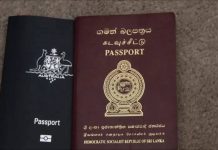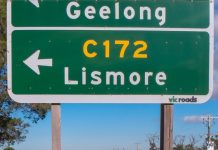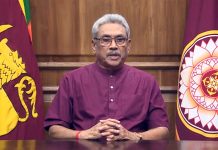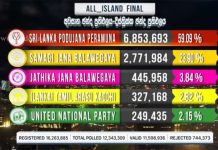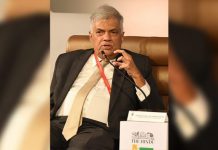The Supreme Court has issued a stay order temporarily suspending the Gazette notification issued by the President on the dissolution of Parliament.
The highest court in the country also issued a stay order on the Elections Commission preventing the holding of a general election.
The stay orders have been issued effective until December 7.
Delivering its much-anticipated decision regarding the fundamental rights petitions filed challenging the president’s decision to dissolve parliament and calling for fresh polls, the three-member judge bench decided to take up the petitions for hearing.
The case has been fixed for argument on December 4, 5 and 6.
The decision was announced by the judge bench comprising Chief Justice Nalin Perera and Supreme Court judges Priyantha Jayawardena and Prasanna Jayawardena after two days of deliberation.
The Supreme Court had concluded the consideration of petitions at around 3.30 p.m today after which court was adjourned until 5.00 p.m. while the decision of the court was announced moments ago.
Thirteen fundamental rights petitions were filed at the Supreme Court asking it to declare that the President’s order to dissolve the parliament is illegal.
The petitions have been filed by political parties including United National Party (UNP), Janatha Vimukthi Peramuna (JVP), the Tamil National Alliance (TNA), Tamil Progressive Alliance (TPA) and the All Ceylon People’s Congress.
Organisations and activists such as the Centre for Policy Alternatives (CPA), Attorney Aruna Laksiri and also a member of Elections Commission Prof. S. R. H. Hoole have also filed petitions.
The Attorney General this morning requested the Supreme Court to dismiss all petitions filed against the dissolution of Parliament as the President’s decision is consistent with the Constitution of Sri Lanka.
Attorney General Jayantha Jayasuriya, making submissions to the court when hearings of the petitions resumed today, stated that the Gazette notification issued by the President dissolving the Parliament was constitutional and that the President had done so through the executive powers vested in him.
The Attorney General referred to article 33 (2) (c) in the 19th Amendment, which states “in addition to the powers, duties and functions expressly conferred or imposed on, or assigned to the President by the Constitution or other written law, the President shall have the power to summon, prorogue and dissolve Parliament.”
Meanwhile intervene petitions filed challenging the fundamental rights petitions were also taken up for consideration by the court today.
Several individuals including ministers Udaya Gammanpila, Vasudeva Nanayakkara and former minister G.L. Peiris had filed the intervene petitions supporting President’s decision to dissolve the parliament.















